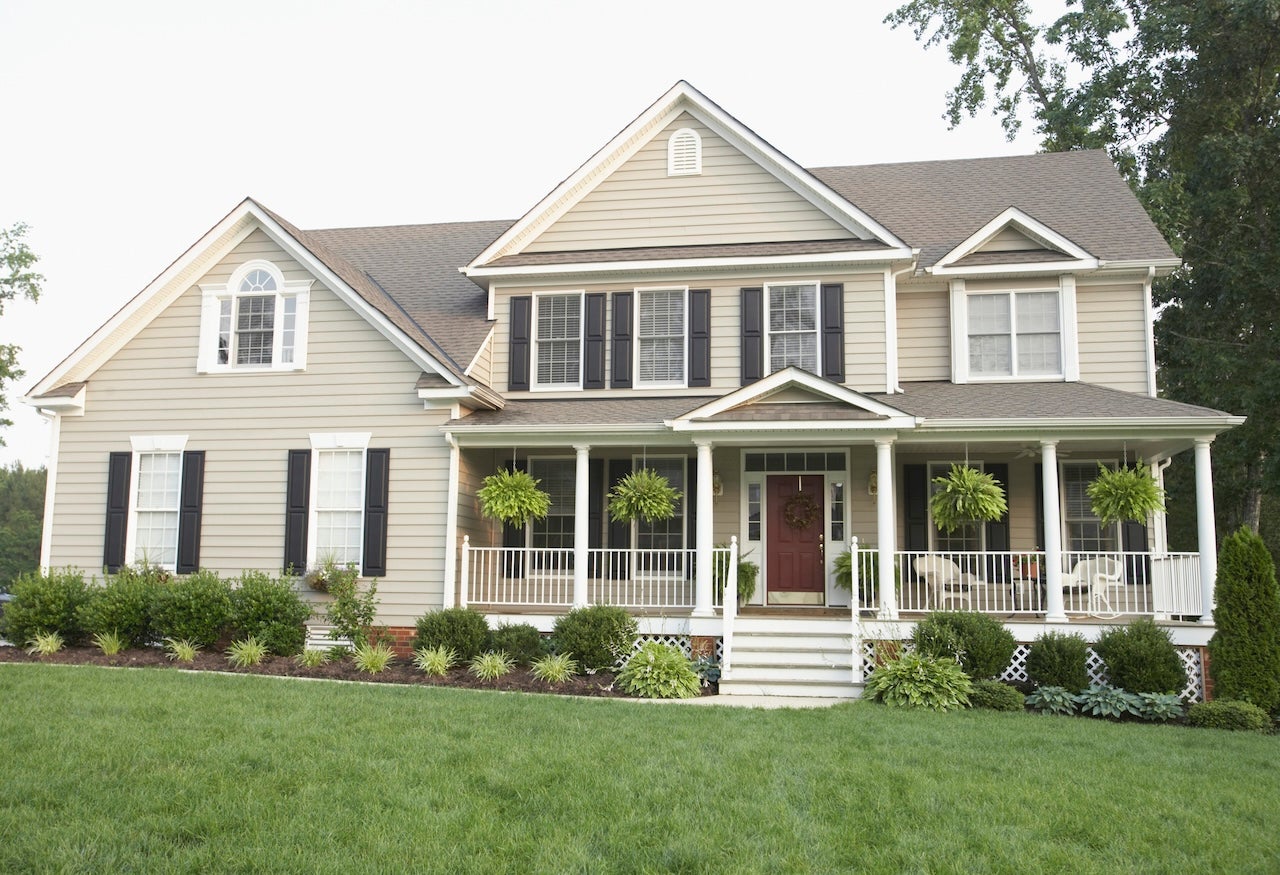Closing costs are all the expenses associated with finalizing a real estate transaction. And these costs can really add up — closing costs for a single-family home in the U.S. average $6,905, not including agent commissions, according to the most recent data from ClosingCorp.
In Alabama, as in many other states, closing costs may include lender fees, title fees and fees for home appraisal and inspection, among many other charges, and both buyers and sellers will pay their share. Here are the typical closing costs in Alabama, and a breakdown of who pays for which fees.
How much are closing costs in Alabama?
Closing costs will be different in every state, and will also differ depending on the price of the house. In Alabama, they average 1.4 percent of the home’s sale price, per ClosingCorp. That’s below the national average of 1.81 percent, but above the 1.0 percent average of neighboring Mississippi.
What’s the average dollar amount of closing costs in Alabama, then? The median sale price for a home in the state was $282,000 in September 2024, according to Redfin data — 1.4 percent of that would total just under $4,000. However, median home prices vary widely by location. For example, in Birmingham, the median price was lower at $170,000, which would mean lower closing costs of $2,380. But in Gulf Shores, the median was a much higher $480,000, which makes that figure jump to $6,720.
Who pays closing costs in Alabama, buyers or sellers?
Buyers and sellers both pay closing costs of some form, but the costs each covers are different. The bulk of buyers’ costs are often related to getting a mortgage, while sellers’ closing costs typically include costs related to paying off their mortgage, transfer taxes and more.
Keep in mind that if either the buyer or the seller is represented by a real estate agent, that agent will earn a commission on the sale. Realtor commissions typically total between 2.5 and 3 percent of the home’s sale price per agent — for a median-priced $282,000 Alabama home, 2.5 percent would be $7,050. Some sellers might agree to pay for the buyer’s agent’s fee, which would double that amount. In general, here’s what each party can expect to pay in Alabama:
Closing costs for buyers
- Legal fees: Alabama is one of several states that requires real estate closings to be overseen by an attorney, so both buyers and sellers will need to factor in the cost of legal fees.
- Lender fees: Mortgage lenders usually charge a number of fees related to getting a mortgage loan. These may include charges for application, credit check, loan origination and more. If you choose to purchase mortgage points to lower your rate, that will incur a lender fee as well.
- Appraisal fee: As part of getting a mortgage, lenders will usually require buyers to pay for a home appraisal, too. This helps them verify that the home is worth (at least) the amount they’re lending you.
- Inspection fee: Getting a home inspection is not required by the lender, but it’s wise to get one anyway. If a home inspector finds something wrong, you might be able to negotiate with the seller to cover some or all of the repair costs.
- Title fees: There may be a fee for a title search on the home, which ensures that the seller is the legal property owner and there are no other claims to ownership. Alabama buyers also usually pay for the lender’s title insurance policy, which protects them against ownership issues.
- Prepaids: Your lender may set up an escrow account to hold a certain amount of prepaid fees ahead of time, typically property taxes and homeowners insurance premiums. These fees will be paid on your behalf as needed.
Closing costs for sellers
- Legal fees: Alabama is one of several states that requires real estate closings to be overseen by an attorney, so both buyers and sellers will need to factor in the cost of legal fees.
- Title insurance: Alabama sellers usually cover the cost of the new owner’s title insurance policy.
- Transfer tax: Sellers typically also pay their state’s transfer taxes. In Alabama, the rate is 50 cents per every $500 in property value value of the property. On a median-priced $282,000 sale, that would come to $282.
- Property fees until close: Sellers are usually responsible for the costs of the home until closing. This may include HOA fees, property taxes and any utilities associated with the house.
- Seller concessions: Many sellers agree to cover repair costs or otherwise put money toward their buyer’s closing costs. If this is the case, these funds will be due at closing.
- Mortgage payoff: If the home you’re selling still has a mortgage on it (which is common), that will be paid in full out of the proceeds of your sale. There may be a nominal fee to wire the funds.
Lowering your closing costs in Alabama
Whether you are buying or selling a home, many closing costs can be negotiated. For example, many real estate agents are willing to lower their fees. Even a slight decrease of their commission percentage can make a big difference in your final closing costs, especially on a higher-priced home.
As a homebuyer, the amount of your closing costs can also have a big impact on how much house you can afford. Therefore, it’s a good idea to consider multiple mortgage lenders to see who can offer you the best rate and/or lowest fees. The same goes for other service providers, such as real estate attorneys.
When you buy a home, you may also qualify for assistance programs that provide either low-interest loans or grants to help with down payments and closing costs. Your agent can help you find local or state programs you’re eligible for.
Find a local real estate agent
It’s possible to buy or sell your home without one, but working with an experienced real estate agent can give you an edge when navigating the homebuying or selling process. Talk with friends and family to get referrals for agents with expertise in your local housing market. Look for someone you feel like you can trust and feel comfortable working with.
FAQs
Read the full article here


















